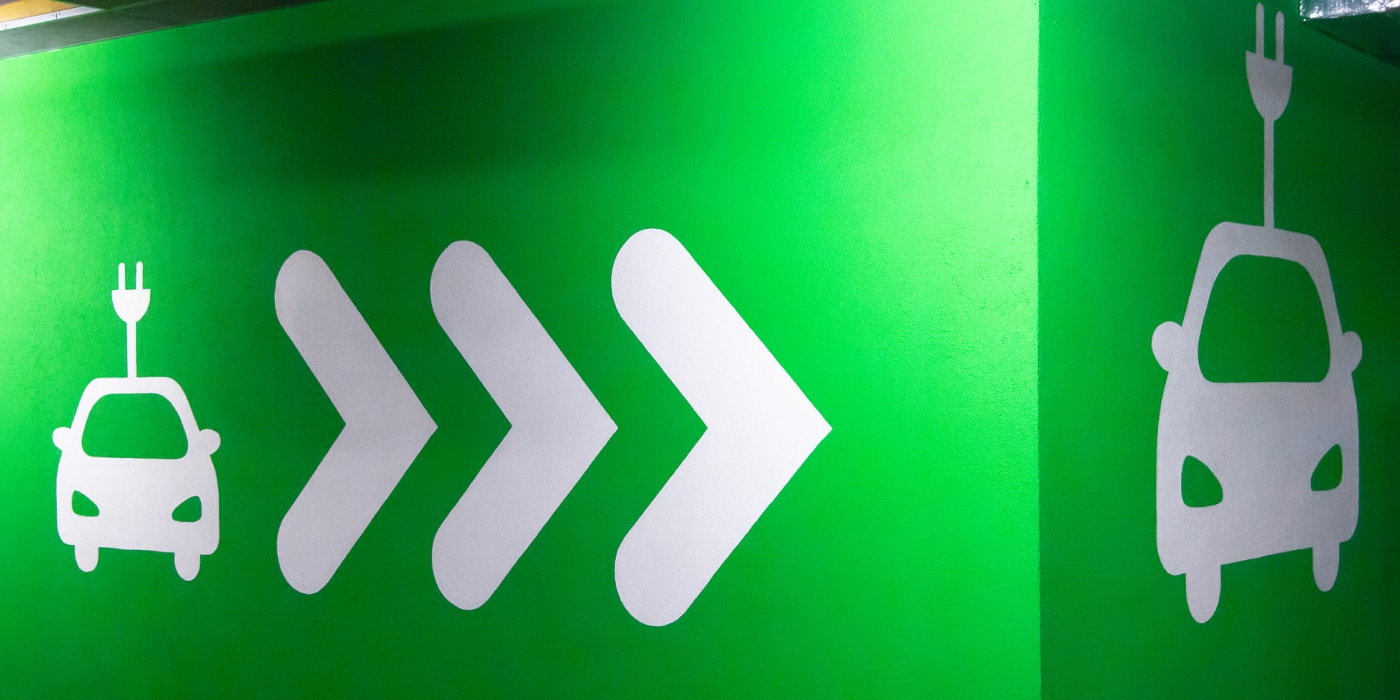Understanding the Modern Car Buyer
In recent years, the landscape of car buying and ownership has evolved, with consumers becoming more tech-savvy, environmentally conscious, and flexibility-focused. From the way they research vehicles to the values that influence their final purchase, understanding the modern car buyer is crucial for automakers and dealerships alike. As a result, automotive companies are rethinking how they interact with customers.
Here’s a look at some ways customers are driving change across the automotive industry.
Shift Towards Omnichannel Shopping
One of the most significant changes in customer behavior is the shift towards a more omnichannel approach to vehicle purchases. Today’s car buyer begins their journey long before setting foot in a dealership. Traditional sales processes are becoming outdated as digital platforms provide customers with a more efficient and personalized journey. Whether it’s researching vehicles, customizing features, or completing a purchase, customers are more comfortable using digital tools to expedite and enhance their shopping experience.
Buyers completing key steps online, such as applying for credit or pre-filling paperwork, saved an average of 42 minutes at the dealership, streamlining the process significantly, according to a recent study by Cox Automotive. Eighty-two percent of new-vehicle buyers who completed more than half of the required steps online expressed high satisfaction with their dealership experience. Despite the availability of digital tools, buyers still value time spent at dealerships for test drives, interacting with sales teams, and vehicle pick-ups.

Sustainability Matters
As global concerns about climate change continue to grow, customers are increasingly prioritizing sustainability when making automotive decisions. Consumers are seeking out sustainable brands that offer cleaner, greener transportation solutions. Sales of electric vehicles (EVs) topped 1.3 million units in the U.S. in 2024, a 7.3% year-over-year increase, according to Cox Automotive’s Kelley Blue Book. Sales in Q4 set a quarterly sales record with 365,824 units sold, a 15.2% YoY improvement.
With improving charging infrastructure and additional EV models entering the market, sales growth is expected to continue in 2025 with EVs projected to represent nearly 10% of all U.S. vehicle sales this year, according to Cox Automotive. Sales of all-electric vehicles in the United States rose 11% during the first quarter to about 300,000 cars and light trucks, much faster than the overall auto market. Nearly 8% of new domestic car sales were electric, a slight increase from 2024 as traditional automakers gain ground in the electric vehicle market.
Flexibility Over Ownership
Ownership isn’t the goal for every car buyer anymore. Some are exploring subscription models, short-term leases, or ride-sharing as alternatives to traditional car ownership. This trend is especially popular among urban buyers and younger consumers who value convenience and flexibility over long-term commitments. Automakers are offering flexible programs like monthly subscriptions with no long-term contracts, and dealerships are adapting with more short-term lease options or rent-to-own options as the ride-sharing market continues to grow.
With the rise of ride-sharing services like Uber and Lyft, consumers are more open to the idea of not needing to own a vehicle at all. Uber is partnering with May Mobility to deploy thousands of self-driving vehicles on its ride-hailing platform across U.S. cities, by late 2025. This adds to Uber’s growing list of partners for self-driving taxi deployment as it competes with Lyft and Tesla in the robotaxi market. Last year, May Mobility announced a similar collaboration with Lyft to deploy self-driving taxis in Atlanta, Georgia, starting this year.
The modern car buyer is digitally savvy, environmentally conscious, and tech-driven. For automakers and dealerships, meeting these expectations requires staying ahead of technological advancements, offering more flexibility in terms of ownership models, and embracing sustainability. By understanding these shifts, the automotive industry can better align itself with the evolving preferences of its customers.
For more information about how our delivery management solution can help you manage your deliveries more efficiently, please contact info@www.bringoz.com.
